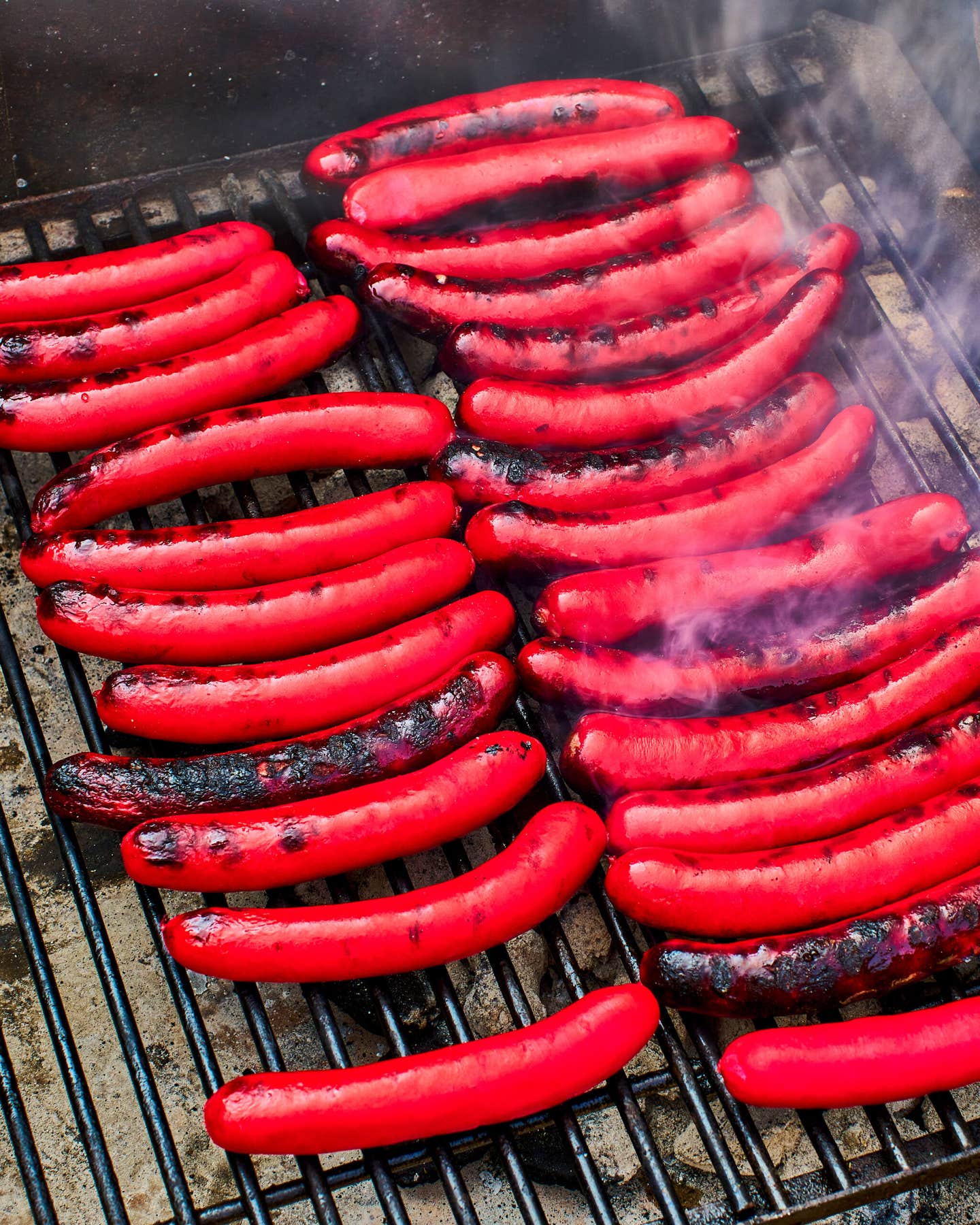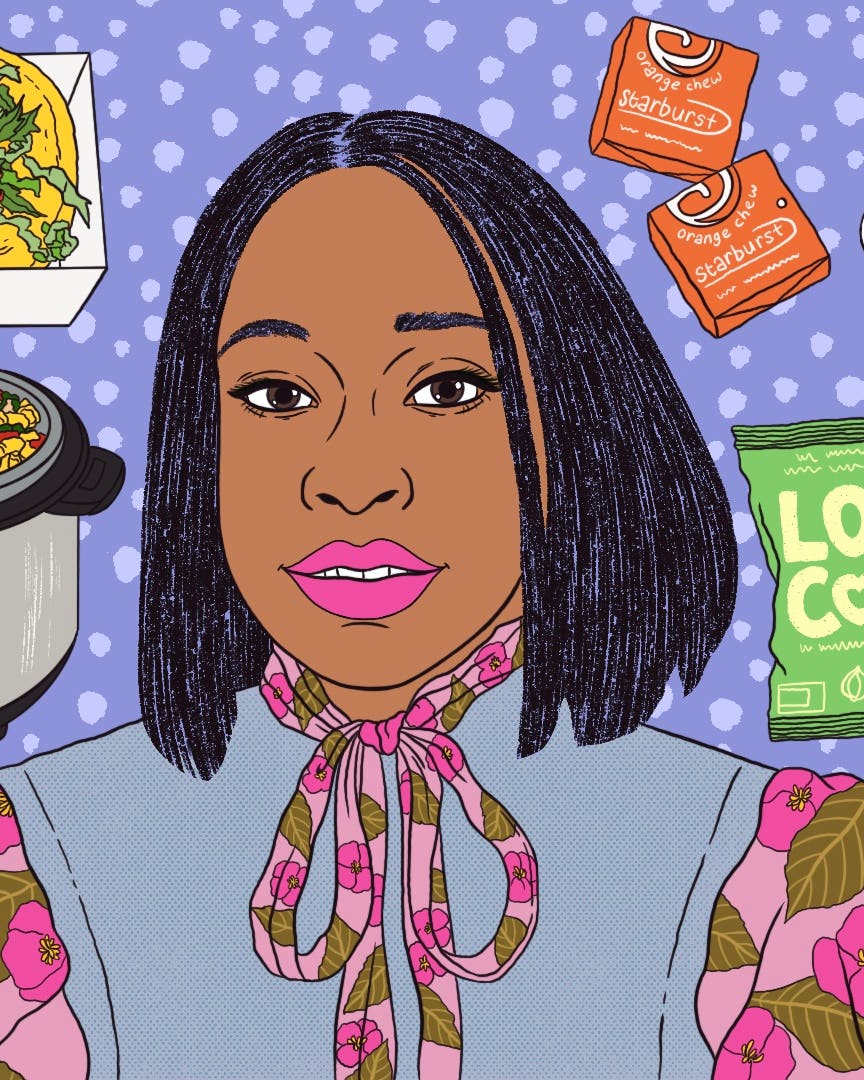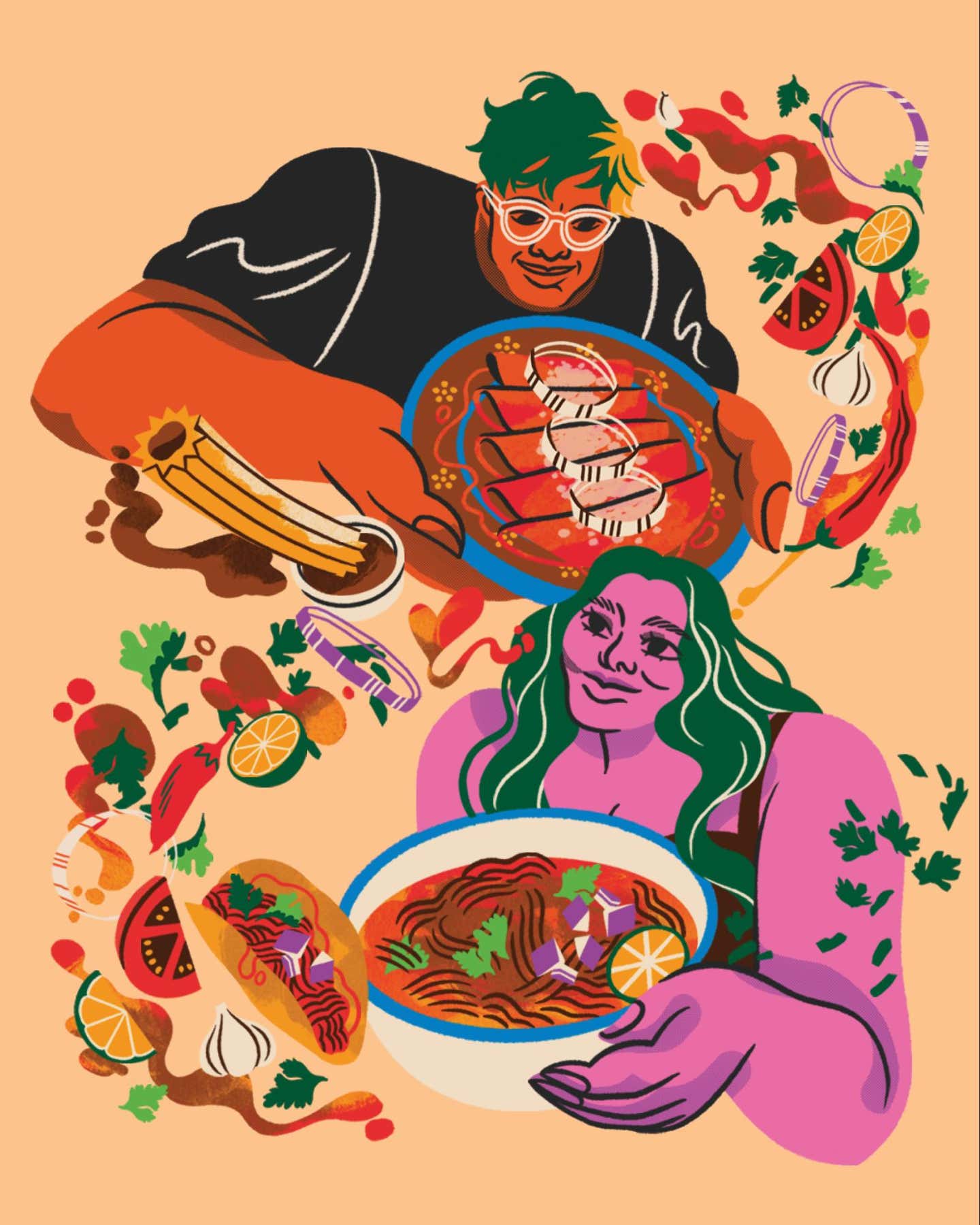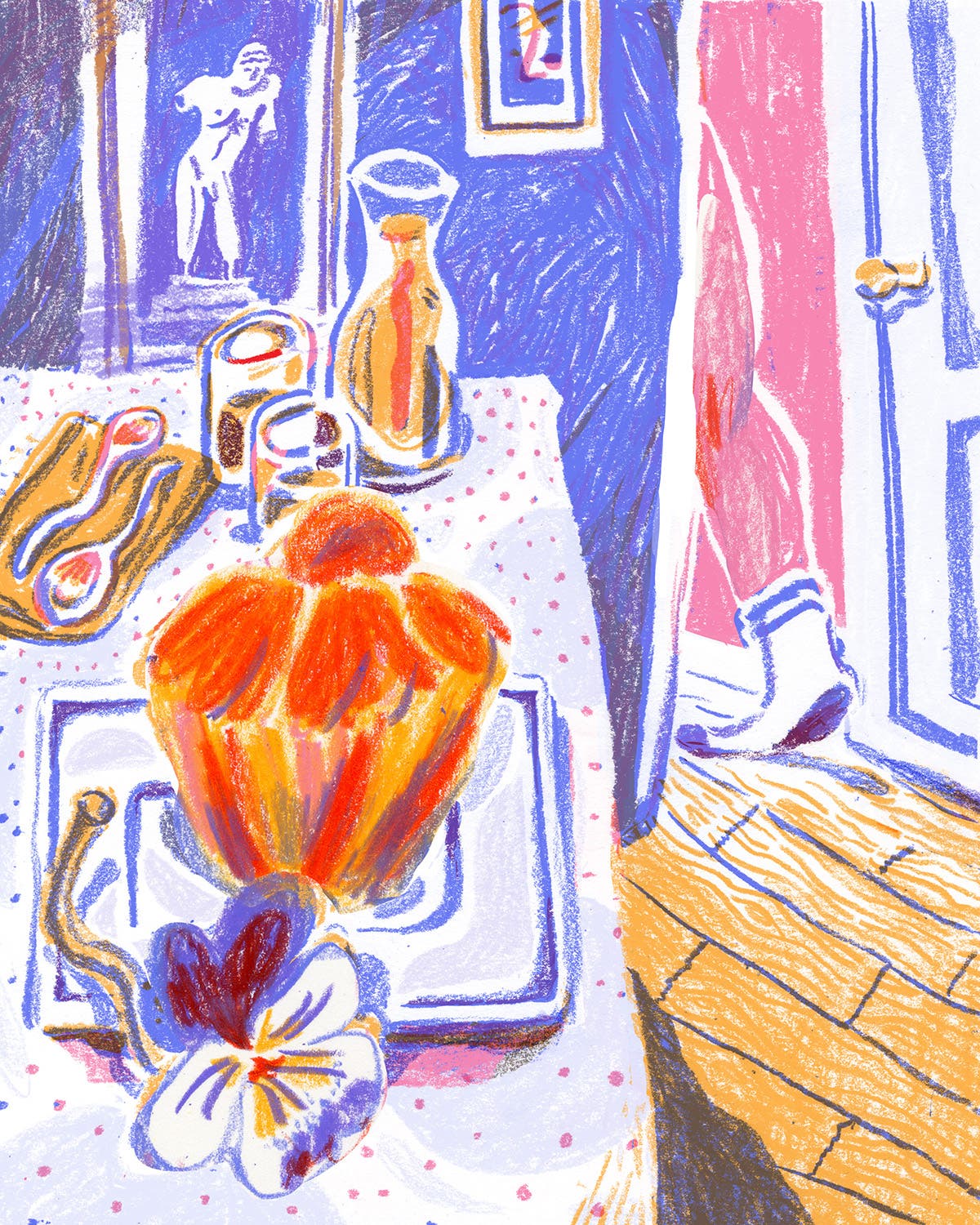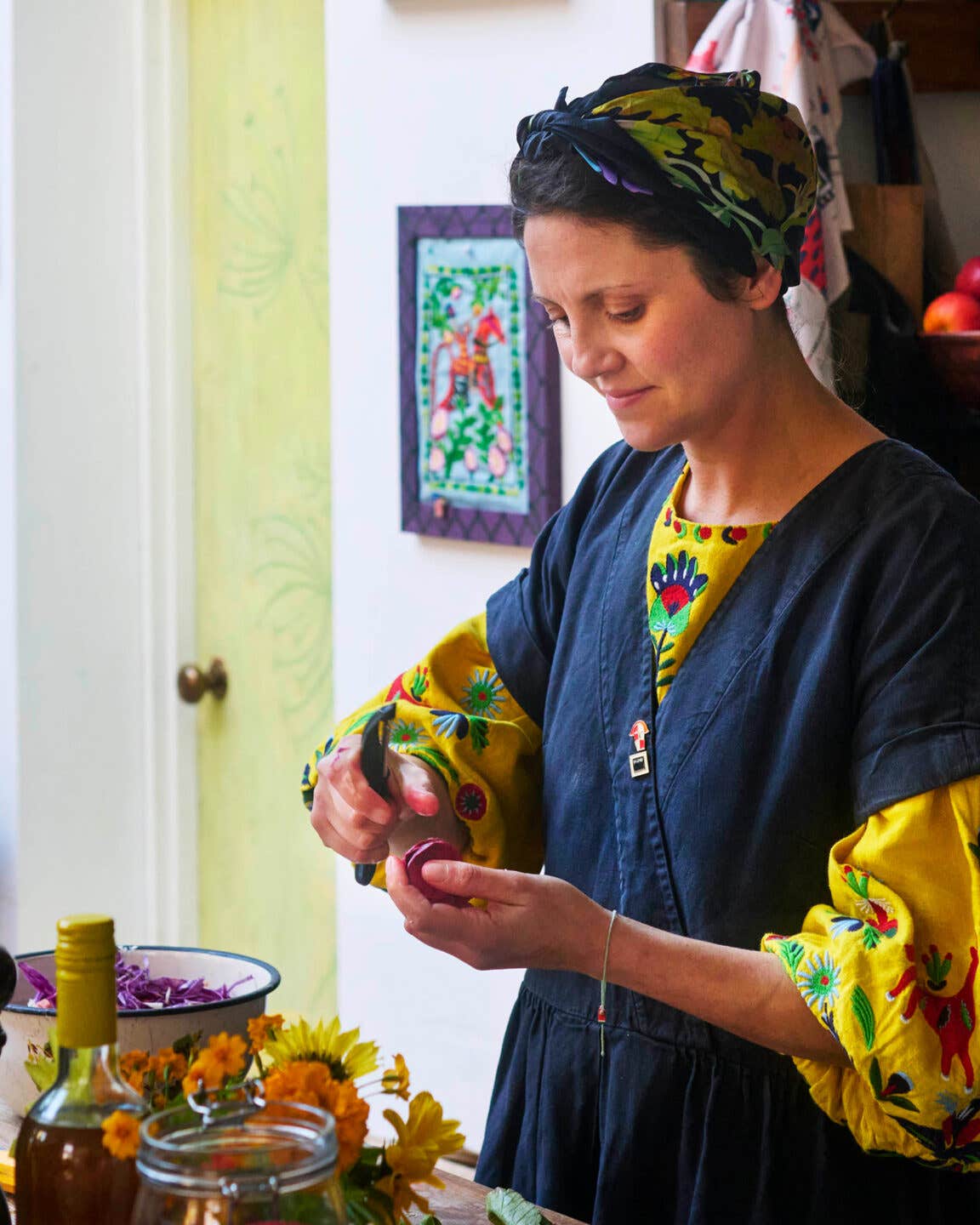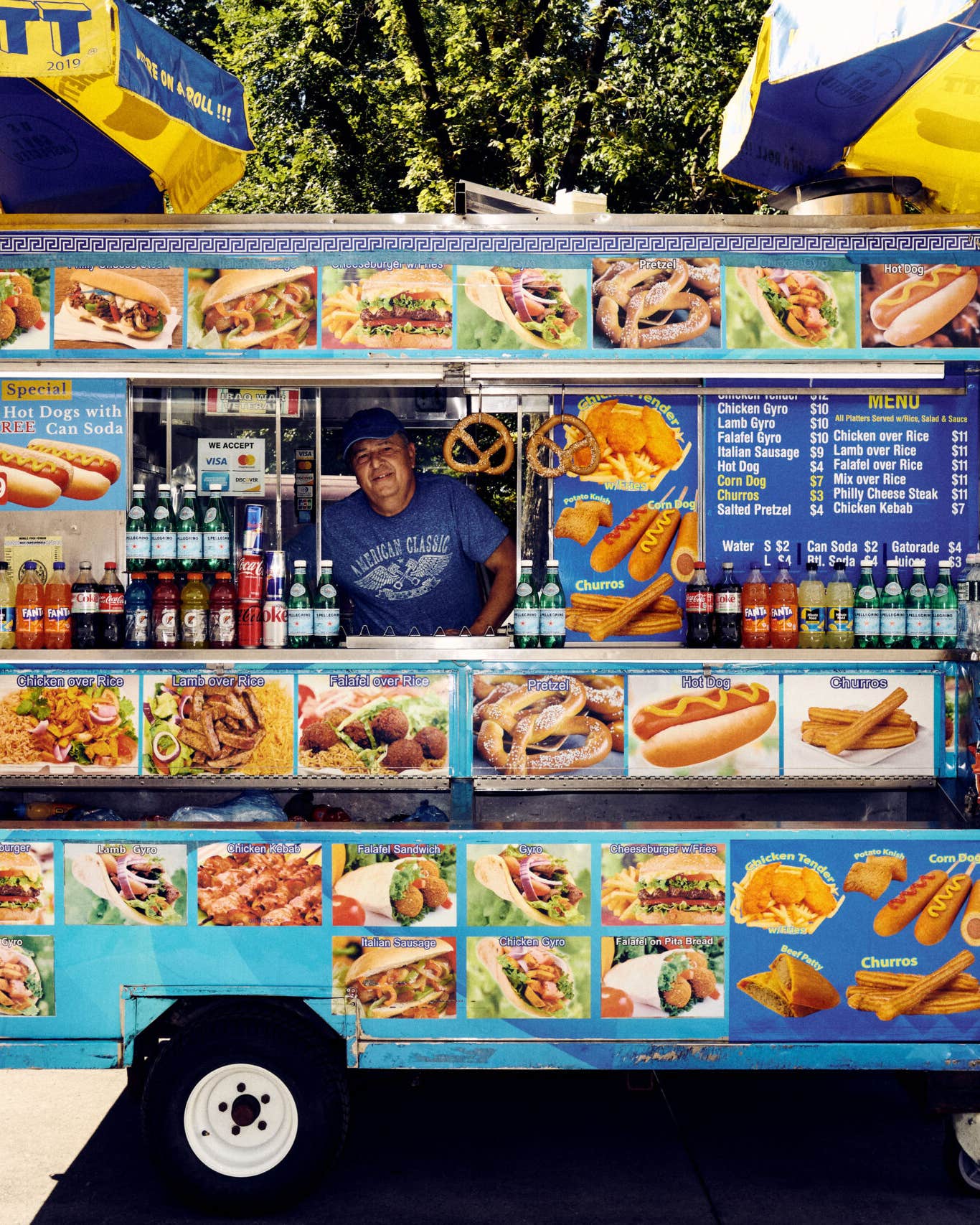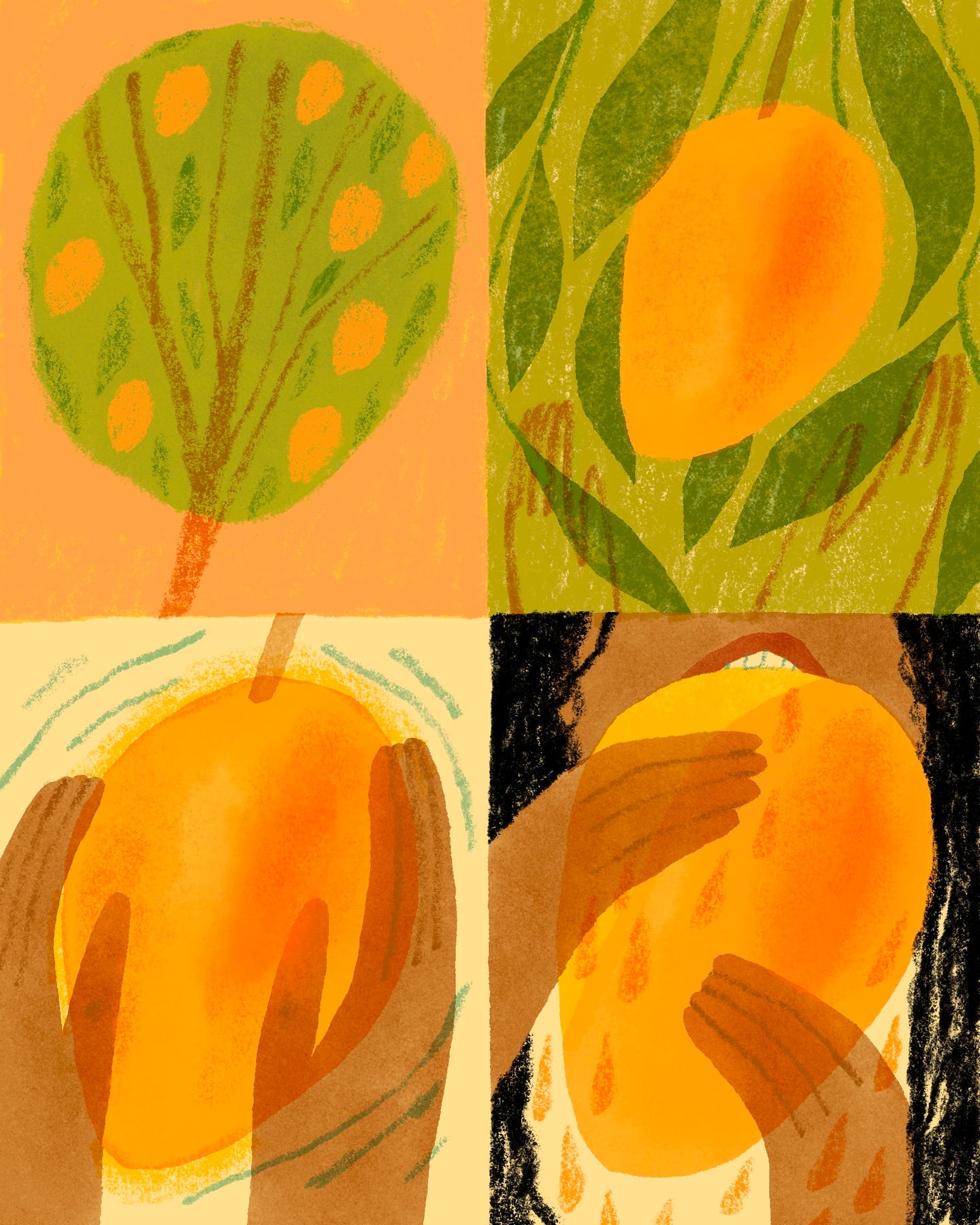
We Can Now Quantify the Carbon Footprint of a Loaf of Bread
Your morning toast might have a bigger effect than you think
Most of us know about the effect cars have on global warming. Some of us have heard about how cow farts are heating up our atmosphere at an alarming rate. The truth is, all our food has an emissions impact. Even one as innocent as bread.
A new piece by NPR reveals the findings of a study published Monday in Nature Plants, which indicates that the farming steps in breadmaking are heavily associated with greenhouse gas emissions.
A team of researchers at the University of Sheffield conducted the study in order to better understand the “environmental impacts of the entire life cycle of a common staple.” Liam Goucher works at the Grantham Center for Sustainable Futures at the University as a study and research fellow, said, “We focused on a specific farm, which was in Lincoln, in the U.K., and we focused on a specific mill and a specific [commercial] bakery."
The researchers then followed every step of the breadmaking process, from seed to table, in what scientists call a “life cycle analysis.” Unsurprisingly, almost every step involved some type of emissions, including “the machinery involved with tilling the soil, harvesting, and irrigation, or the electricity required to operate the mill and the bakery. But the vast majority of emissions—nearly 66 percent—came from growing wheat.”
According to Goucher, “We found that over half of the environmental impacts of producing a loaf of bread come from wheat cultivation...The interesting thing is that 40 percent is attributable just to the use of ammonium nitrate fertilizers alone, which is a huge amount, when you consider it." And the study was structured allows the researchers to see exactly where emissions are so great, and where they can be reduced; for instance, in fertilizer manufacturing and fertilizer application.
NPR states that this analysis may create a new food market in the future by “asking consumers to vote with their money,” meaning that they would have the chance to search for—and find—bread that has a lower environmental impact. By seeking out “climate-smart bread,” bakeries would have to take steps to ensure that their bread is more energy-efficient than other loaves by going to the farmer and asking them to consider organic fertilizer, for instance.
In the meantime, consider buying ugly produce from your local grocery store or farmers market to help reduce your environmental impact.
Keep Reading
Continue to Next Story
